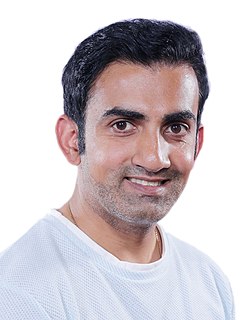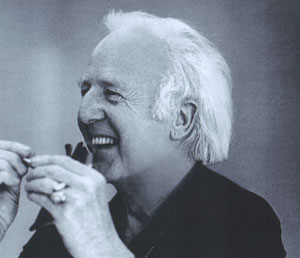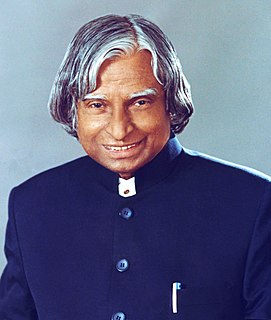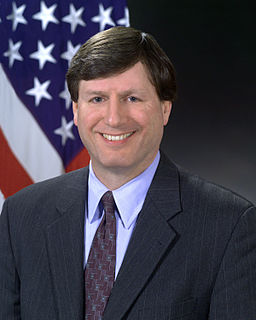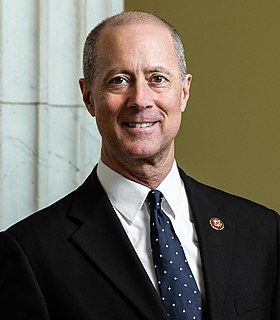A Quote by Mohsin Hamid
The world seems concerned with Pakistan primarily as an actor in global attempts to combat terrorism.
Related Quotes
Pakistan always seems to have a lot of political complexities and political challenges. But Pakistan is important for a number of reasons. Primarily, it is a nuclear power. And if, in fact, al Qaeda and Taliban, which are in Pakistan and causing a lot of tragedies and deaths in Pakistan - if they would ever somehow have real influence and control of that government, then we [world] really have a problem.
Basic dance--and I should qualify the word basic--is primarily concerned with motion. So immediately you will say but the basketball player is concerned with motion. That is so--but he is not concerned with it primarily. His action is a means towards an end beyond motion. In basic dance the motion is its own end--that is, it is concerned with nothing beyond itself.
Now I don't have to explain to the world about India's position. The world is unanimously appreciating India's position. And the world is seeing that Pakistan is finding it difficult to respond. If we had become an obstacle, then we would have had to explain to the world that we are not that obstacle. Now we don't have to explain to the world. The world knows our intentions. Like on the issue of terrorism, the world never bought India's theory on terrorism. They would sometime dismiss it by saying that it's your law and order problem.
In a world of serious threats to the U.K. and to global stability, where we see violence and conflict pulling people back into poverty, international terrorism, migration crises, children dying from preventable diseases and global environmental concerns on the rise, Britain's leadership on the world stage is more important than ever.
It is my hypothesis that the fundamental source of conflict in this new [post-Cold-War] world will not be primarily ideological or primarily economic. The great divisions among humankind and the dominating source of conflict will be cultural. Nation states will remain the most powerful actors in world affairs, but the principal conflicts of global politics will occur between nations and groups of different civilizations. The clash of civilizations will dominate global politics. The fault lines between civilizations will be the battle lines of the future.






